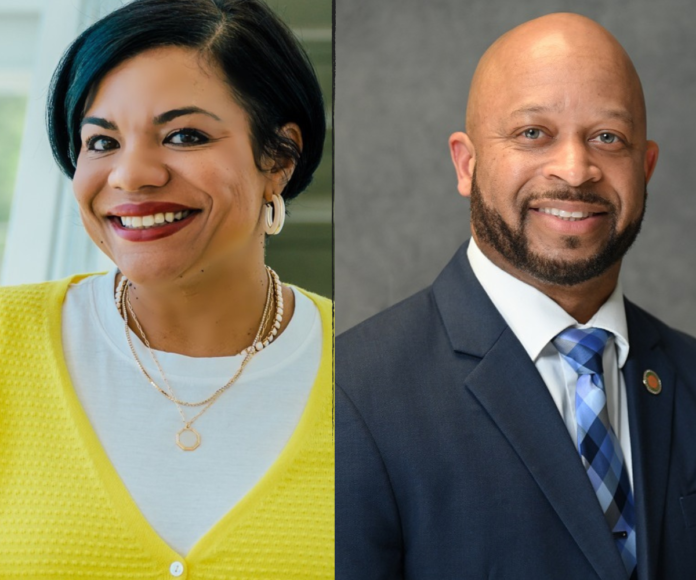“It’s vital that we have folks in healthcare that represent the patients being seen. Folks that have lived experience because many people receive stereotypical care otherwise,” insists. Jeannette Wade, PhD, Human Health Sciences Program Director and Associate Professor of Human Health Sciences at the University of North Carolina Greensboro. She points to widely held beliefs that include Black women don’t feel pain and Black men are drug-seeking when they ask for pills.”But with diversity, we have people who can tap into their experiences. They don’t have to use stereotypes.” However, while medical school is the ultimate goal for some students, that isn’t always the case.
Dr. Wade, a medical sociologist, and Willie L. Williams, DrPH, an assistant professor in the School of Allied Health Sciences at Florida A&M University (FAMU), are first planting seeds in health sciences. Their overall goal is exposure to career pathways in health professions.
“Most recently, I’ve started to focus on our minority students and their transition from college into the professional field,” Dr. Williams explains. “Specifically to help fill in those things that have impacted them from totally making that transition from perceptions to just readiness overall.” At FAMU, that means exposing students to majors like health sciences.
“They can take so many different avenues; they can come from mentorship, faculty, and staff. That comes from ensuring they engage in internship and shadowing opportunities, and even bringing professionals to the campus and the classroom,” Dr Williams points out. Williams gave examples of physician assistants and physical therapists coming in to explain their jobs and how they got them.
For Dr. Wade, the benefit of a Health Science undergraduate major is two-fold. “Degrees like health science are a great opportunity for students to explore. Because it’s not a specific area, many folks have no idea who they are at 18. And we pressure folks to pick a major at when they don’t know anything. But with health science, you get a little taste of all sorts of things,” she explains. “We use an interprofessional approach, where students take one class in every health science area. So that’s a communication disorder, exercise science, social work, nutrition; they take biology and physiology to get a taste of everything. But you also have a general education that allows you to apply to medical school.”
Even then, Dr. Wade believes that they can move the bar beyond being a physician if they so choose. “I’ve just been researching the prevalence of black doctors. And we have a real presence in OB/GYN and Family Medicine. But we don’t have a presence in so many other areas,” she says. “Surgery specialties include ear, nose, and throat, where no black women are even professors in America. So, I think there’s so much more room for growth.”
Dr. Williams points out where FAMU has advantages. “When you have professors in tune with what minority students need, they know they need that exposure. And so when we have classes, like health professions, or personal, professional development, where we can be strategic but innovative with how we make them research different avenues, and help them start thinking and planting seeds, or what do you want to go, let’s see how we can connect you with the right mentors, to help you navigate from health science into the medical field, and tell you which ways are better for you,” he says. “One of the other added components is that we start instilling in our students early the impact and the need for them in the health field, the difference that their presence makes amongst the communities that look like them, how much the communication between patient and provider will improve. Because it’s coming from you, how much trust will now be implemented in the system? Everybody’s waiting on you, professionals and patients, to take your place and help move the needle forward?”
Whenever something about disparity or inequality arises in one of Dr Wade’s classes, I say, “I’m so glad you all are going to be the next providers because you all won’t be like that, right? And they’re like, Yeah, because again, we weave it into every topic. So there’s this constant reminder that we need folks who believe in quality care,” she concludes.






